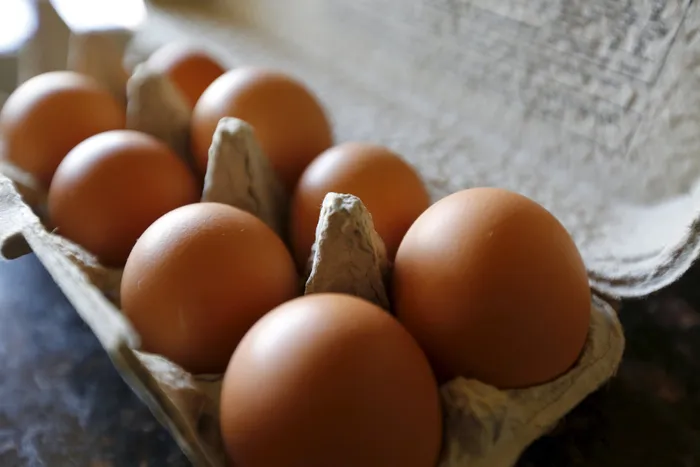Quantum Foods adapts strategy amid high risk of avian influenze outbreak in South Africa
Poultry

The South African Poultry Association warns there is a high risk of a High Pathogenic Avian Influenza (HPAI) outbreak in South Africa, given the outbreaks in many other parts of the world.
Image: Supplied
Quantum Foods said the risk of a highly Pathogenic Avian Influenza (HPAI) outbreak in South Africa is high, given outbreaks in many other parts of the world, and the group has adapted its strategy to lessen its risk to the disease.
The JSE-listed diversified feed, poultry, and egg business operating in South Africa, Zambia, Uganda, and Mozambique said on Friday it is placing less of its layer hens in areas that have a higher risk of HPAI, and is sourcing hatching eggs from geographically diverse breeder farms due to the escalating risks of an HPAI outbreak.
“The risk of an HPAI outbreak is regarded as very high for the remainder of the 2025 financial year, with an increased number of outbreaks reported in recent months in the US, Europe, North Africa, and West Africa,” CEO Adel van der Merwe and chairman Andre Hanekom said in the interim results for the six months to March 31, which were released on Friday.
The directors said that stringent protocols for voluntary vaccination against HPAI that have been published by the South African government are prohibitive and, to the best of their knowledge, no producers have been successful in their applications to vaccinate poultry.
“In the absence of vaccination, HPAI will remain a key risk factor that will continue to affect poultry businesses going forward, resulting in major uncertainty for the poultry industry, which could severely impact earnings,” Van der Merwe and Hanekom said.
They said that total egg production in South Africa is steadily increasing as the national flock recovers from the outbreaks of HPAI in 2023 and 2024.
The South African Poultry Association has forecast national egg production to be at pre-2023 HPAI outbreak levels by mid-2025, in the absence of any new HPAI outbreaks.
“Egg selling prices decreased towards the end of the reporting period and are expected to decrease further in the second half of the year to September 30, 2025,” Van der Merwe and Hanekom said.
They noted that trading conditions for the company had improved significantly in the six months, although this was compared to the same period a year before, when an outbreak of HPAI had impacted the company’s birds to the value of about R37 million.
The HPAI outbreaks in 2023 and 2024 not only negatively affected earnings in the previous reporting period, but it also resulted in reduced volumes of livestock, hatching eggs, and table eggs, as well as significant cleaning and disinfecting costs to prepare affected farms for future placement.
Additionally, there were a number of loadshedding hours in the previous period. The reduction in load shedding hours in the six months under review resulted in lower generator fuel costs and fewer disruptions in the supply of feed raw material items.
On December 26, 2024, a crowd forcibly entered a layer farm and looted about 16% of the layer birds. No injuries to staff occurred, and operations were able to resume soon after the incident.
However, the hens looted and the resultant lower egg production, further impacted by a disruption in planned vaccinations, contributed to lower earnings from this business in the reporting period.
Notwithstanding this, interim headline earnings per share increased sharply to 74.8 cents, up from 21.7 cents reported in the previous reporting period. No interim dividend was declared.
Group revenue increased 19.6% to R3.6 billion, with a 20.1% increase (R560m) in the South African operations’ revenue and a 13.8% increase (R31m) in the other African operations’ revenue.
The animal feeds segment increased by 14.1% (R212m) from the previous reporting period, primarily driven by an 11.3% increase in external volumes sold.
The farming segment increased by 15.5% (R137m), mainly due to higher volumes of layer livestock sold.
The egg segment increased by 52.4% (R212 m), with the 14.1% average egg selling price decrease being offset by the increase in sales volumes of 78.4%.
Revenue from the other African operations increased, primarily due to the increased volumes of eggs sold at higher selling prices in Zambia and increased volumes of feed sold in both Uganda and Zambia.
A positive margin from higher egg volumes, high operational efficiency at egg packing stations, effective cost management, and improved overhead cost recovery outweighed the negative effect of a 14.1% decline in average egg selling prices.
Visit: www.businessreport.co.za